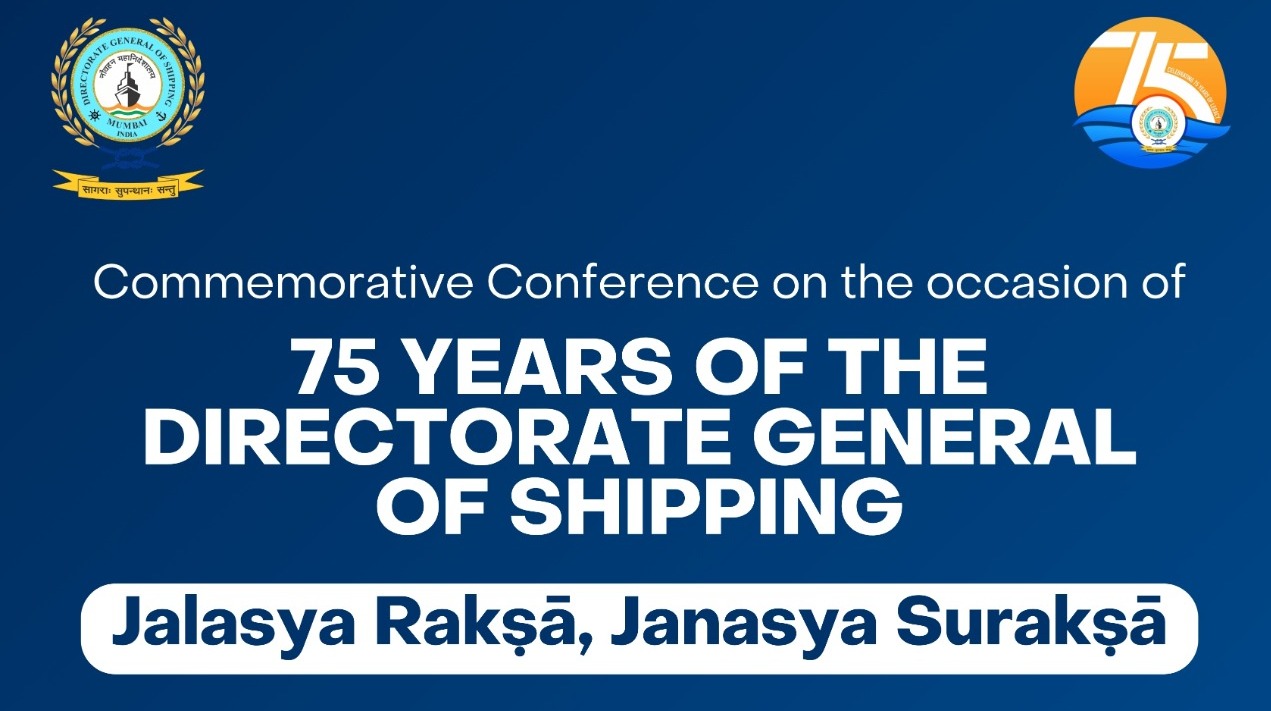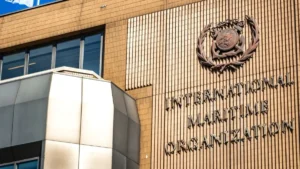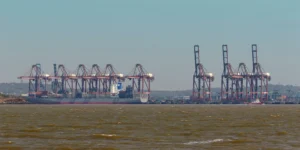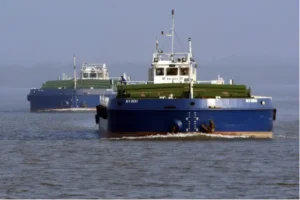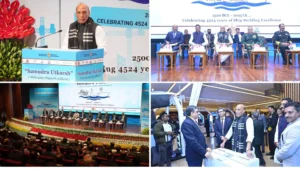The Directorate General of Shipping (DG Shipping) has launched a two-pronged push to strengthen India’s maritime future — celebrating its 75th anniversary with the high-profile “Ocean Sentinel: Maritime Safety & Security in the 21st Century” conference while simultaneously steering policy dialogue on safer, greener ship recycling. The twin initiatives underline DG Shipping’s twin focus on maritime safety and maritime security as well as sustainable industry transformation.
Ocean Sentinel: safety, security and collaboration
Held in Mumbai on August 11, 2025, the Ocean Sentinel conference brought together senior policymakers, maritime leaders and industry stakeholders to assess emerging threats and opportunities at sea and to share best practices for preserving safe and secure waters. With a guiding motto of “Jalasya Rakṣā, Janasya Surakṣā” — Protection of the Seas, Safety of the People — the DG Shipping event emphasized modern risk management, information-sharing frameworks, technology adoption and cooperative regional security arrangements as pillars of national maritime security.
Speakers and panels at Ocean Sentinel highlighted how maritime safety must now be viewed through a systems lens: ports, coastal surveillance, ship standards, seafarer training and cybersecurity must align to reduce accidents, illegal activity and environmental harm. Repeatedly, delegates stressed that maritime safety and maritime security are complementary objectives — safeguarding lives and cargo while strengthening the resilience of trade and national interests.
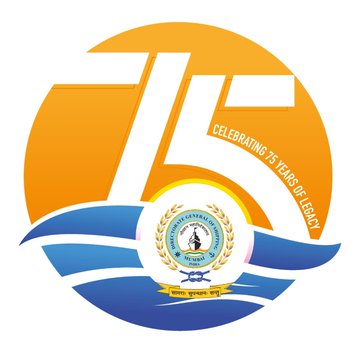
Green ship recycling: a roadmap for Alang and worker welfare
Parallel to the Ocean Sentinel commemoration, DG Shipping convened a high-level meeting on August 5 to reshape ship recycling in India, with a razor focus on green ship recycling and worker safety. The dialogue included international and domestic stakeholders: representatives from the ILO, diplomatic missions, and members of the Alang ship recycling associations joined to chart reforms. Key priorities identified were implementation of the Hong Kong Convention in line with ISO standards, modernization of Alang’s infrastructure, upgraded occupational health & safety (OSH) frameworks, and targeted worker training programs.
Participants agreed on a programmatic five-year roadmap to transition from commercially driven dismantling to responsible, safe recycling aligned with global norms. Concrete measures discussed included leveraging the Ferrous Scrap Development Fund (FSDF) to finance facility upgrades, establishing standard operating procedures (SOPs) to meet global benchmarks, increasing availability of life-saving appliances and technical safety equipment, and instituting structured OSH training for yard workers.
International cooperation and knowledge-sharing
DG Shipping signaled that international cooperation will be central to the green ship recycling push. The ministry is preparing for a Norway–India Occupational Safety & Health (OSH) workshop in Bhavnagar scheduled for August 21–22, aimed at transferring best practices and technical assistance to help Indian yards meet global compliance standards. The meeting also proposed setting up a Maritime Knowledge Centre (MKC) in collaboration with Ganpat University to serve as a focal point for research, training and information dissemination on safe and green ship recycling.
Also read: Union Minister Sonowal Launches e-Samudra as DG Shipping Unveils Maritime Digital Transformation
Why this matters — safety, security and sustainability converge
Taken together, the Ocean Sentinel conference and the ship recycling dialogue demonstrate a strategic shift: DG Shipping is connecting maritime safety and maritime security agendas with environmental stewardship and worker welfare. Strengthening port and coastal security reduces risk to commerce; modernizing ship recycling reduces environmental and public health hazards while improving the livelihoods of thousands employed in dismantling yards. The effort to adopt the Hong Kong Convention and ISO-aligned standards signals India’s intent to make ship recycling in India both competitive and compliant with global expectations.
Next steps and expected outcomes
The short-term agenda includes operationalizing the five-year roadmap, mobilizing FSDF resources for upgrades, launching targeted training modules for yard workers, and finalizing international technical cooperation plans around the Bhavnagar workshop. Over the medium term, DG Shipping aims to raise the safety and environmental standards of ship recycling in India to attract responsibly-minded owners and yards, strengthen maritime safety across the coast, and enhance India’s reputation as a safe, secure and sustainable maritime nation.
As DG Shipping marks its 75th year, the combined thrust on maritime safety, maritime security and green ship recycling frames a clear national message: India intends not just to protect its seas and people, but to lead the transition to safer, greener maritime practices that benefit commerce, communities and the environment.
Source: (India Shipping News)
